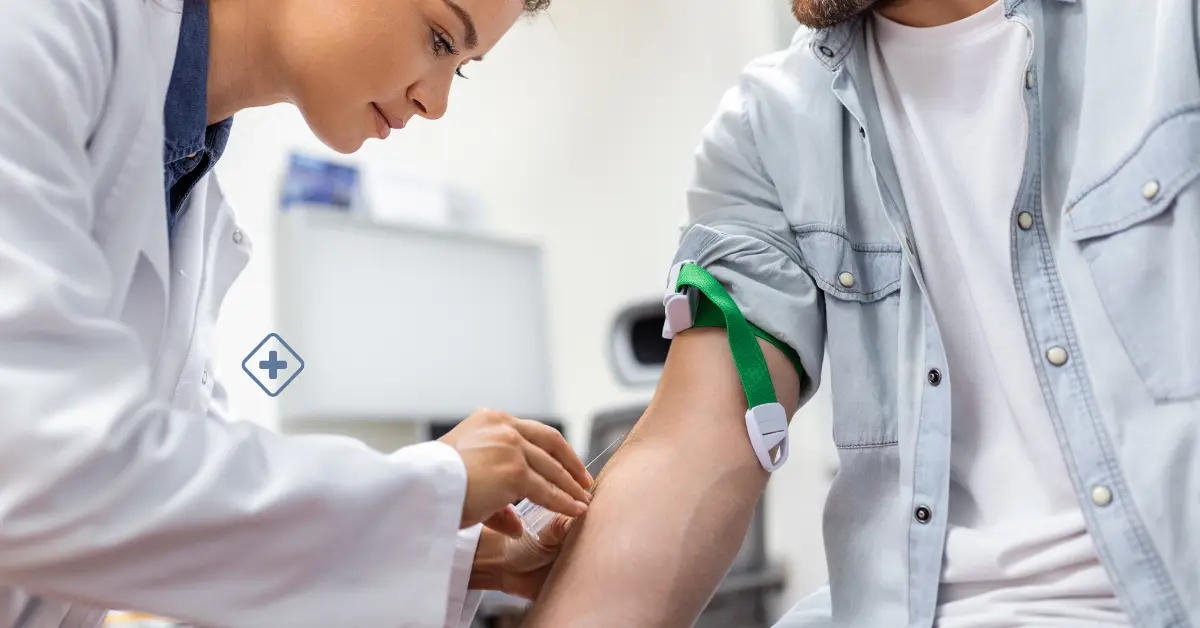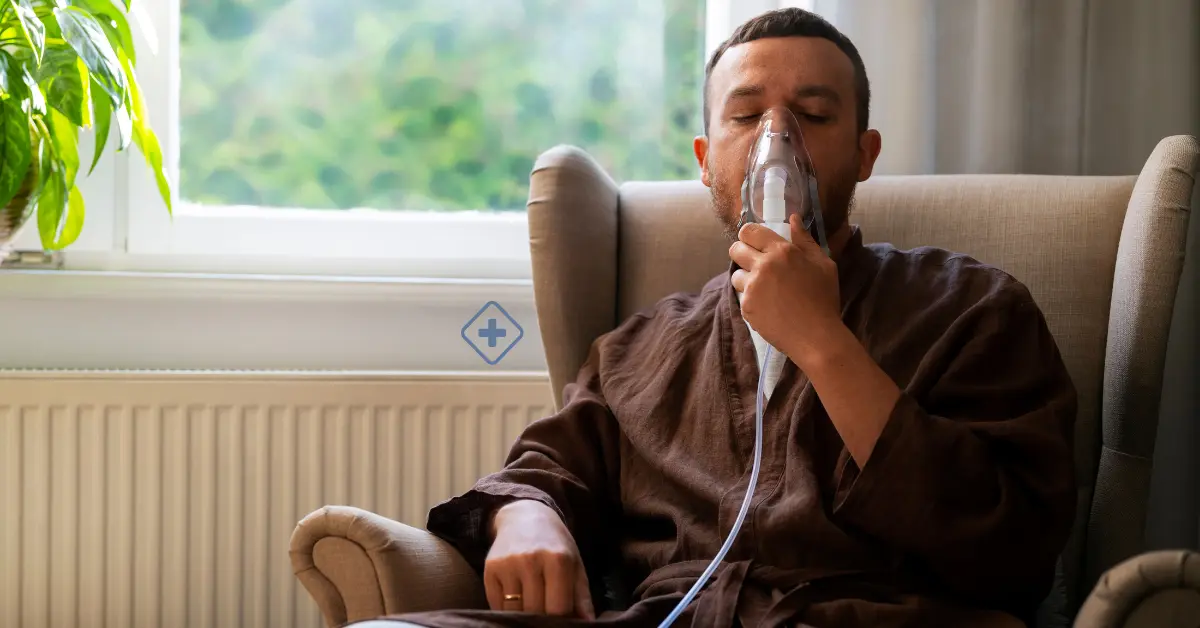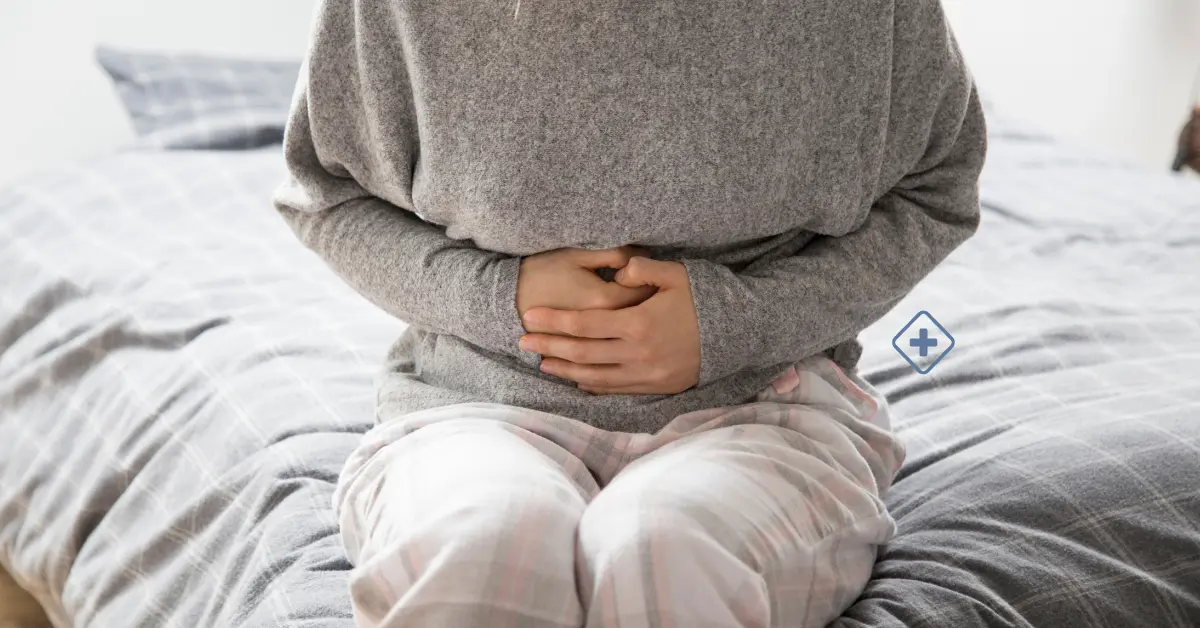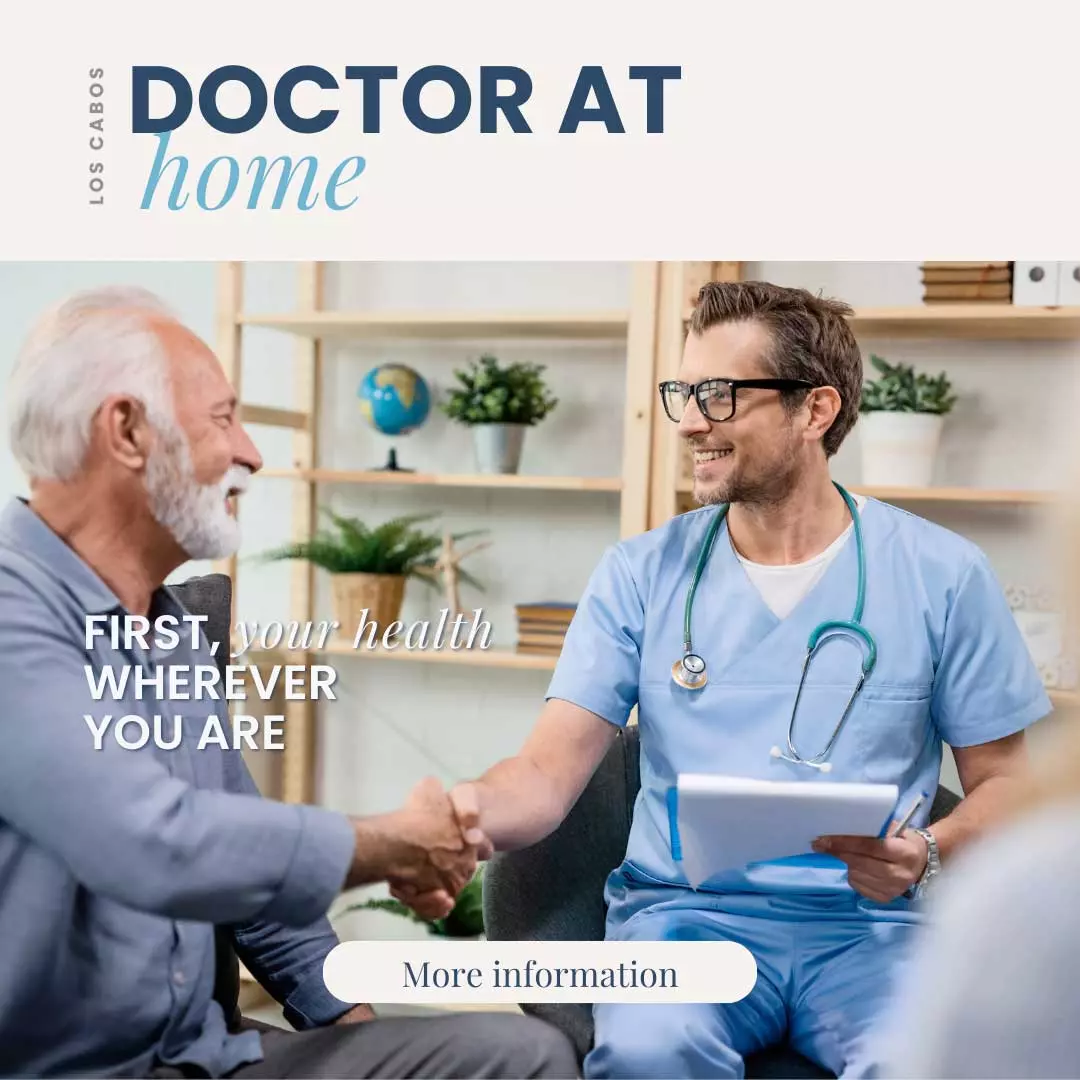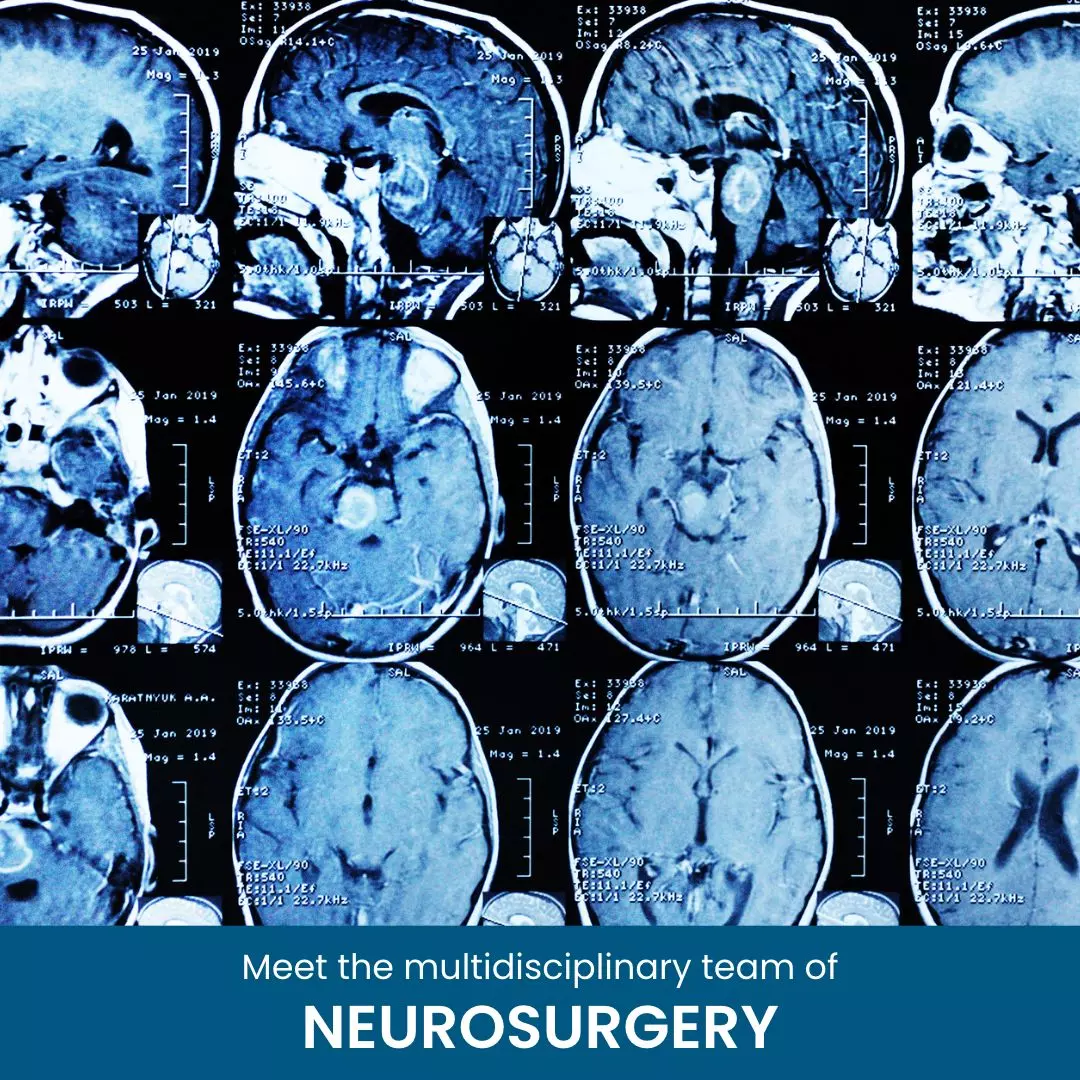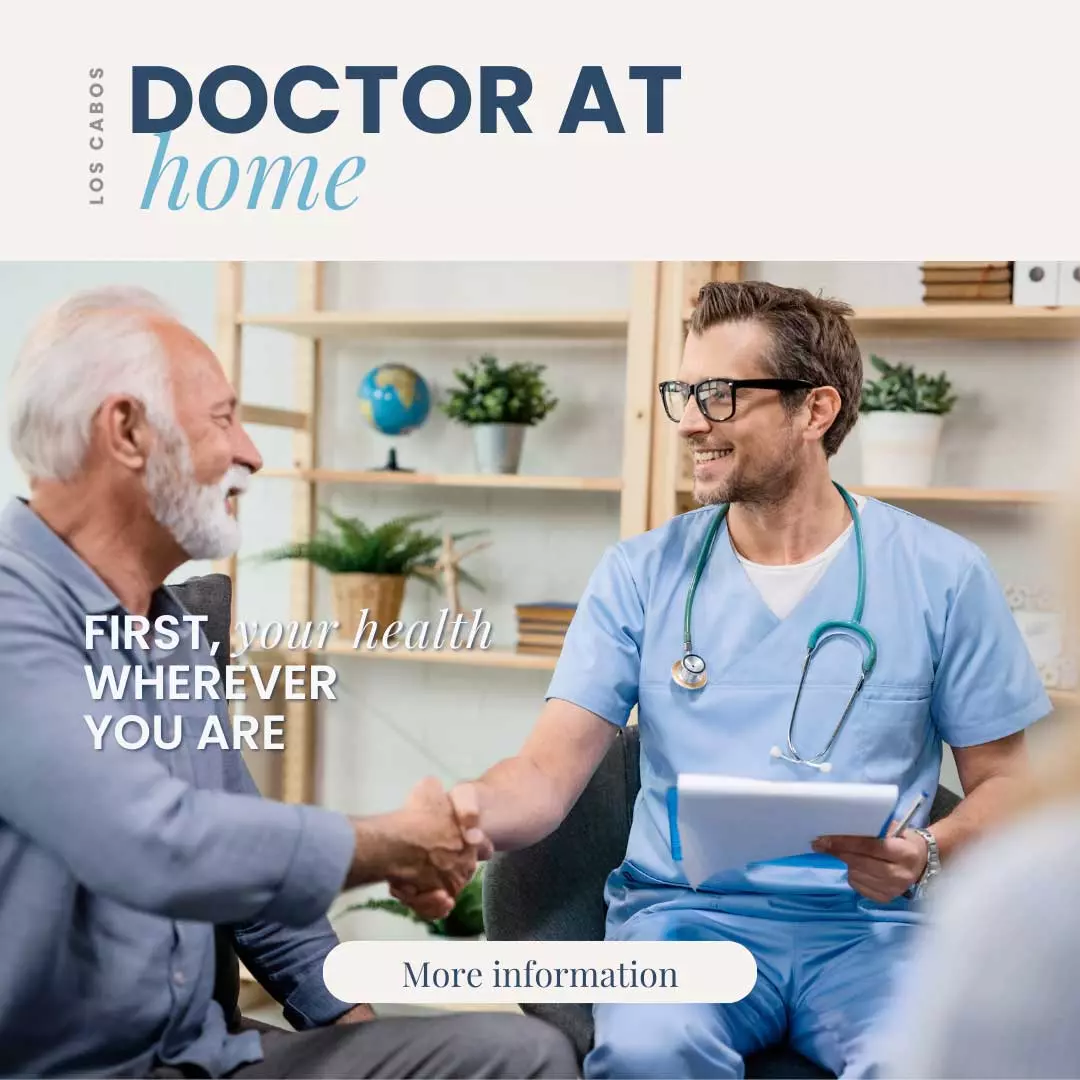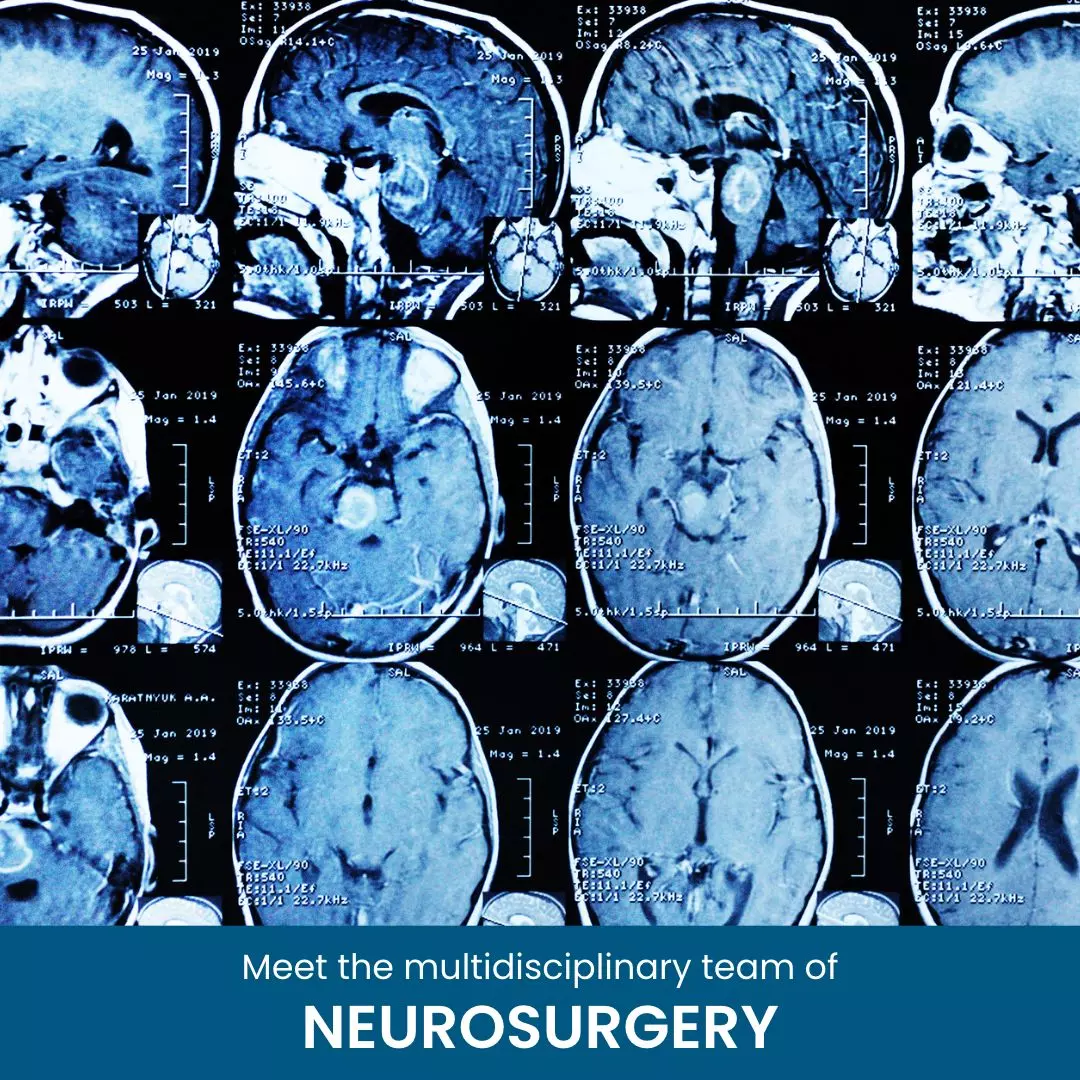
Coronavirus (COVID-19)
COVID-19 and your Mental Health
Social distancing makes everything even more difficult. Learn how to deal with this pandemic.
.jpg?q=DKnJS59a9BiKoBTm)
The concerns and fears surrounding COVID-19 and its effects can be overwhelming. Social distancing makes everything even more difficult. Learn how to deal with this pandemic.
The COVID-19 pandemic has likely changed their way of life, causing insecurity, disrupting daily routines, economic pressures, and social isolation. You may be concerned about getting sick, how long the pandemic will last, and what the future holds. Excessive information, rumors, and misinformation can leave you out of control and not knowing what to do.
During the COVID-19 pandemic, you may feel anxious, stressed, have mood swings, fear, etc.
Surveys show a significant increase in the number of adults in the United States reporting symptoms of stress, anxiety, and depression during the pandemic compared to pre-pandemic surveys. Some people have increased their use of alcohol or drugs and believe they can help them cope with their pandemic fears. In fact, using these substances can make anxiety and depression worse.
People with substance use disorders, especially those addicted to tobacco, are likely to worsen when suffering from COVID-19. These addictions can damage lung function and weaken the immune system, leading to chronic conditions such as lung and disease and increasing the risk of serious complications from COVID-19.
You must know how to take care of yourself and find the care you need to face this situation for all these reasons.
Self-care measures
Self-care is good for your physical and mental health and can help you take control of your life. Take care of your body and mind and connect with others for the benefit of your mental health.
Take care of your body.
Take care of your physical health:
Take care of your mind
Reduce stress triggers:
Connect with other people
How to recognize what is typical and what is not
Stress is a normal physical and psychological response to the demands of life. Each person reacts differently to difficult situations; it is normal to feel stressed and worried during a crisis. However, facing several challenges, such as the effects of the COVID-19 pandemic, can be overcome. Many people can experience mental disorders such as symptoms of anxiety and depression during this time. Emotions can change over time.
Despite your best efforts, you may feel helpless, sad, angry, irritable, desperate, anxious, or scared. You may find it difficult to focus on routine tasks, appetite changes, body aches, and pains, or trouble sleeping, or you may have difficulty coping with everyday tasks.
In case these signs and symptoms persist for several days in a row, causing a change in your mood and problems in your daily life that make it difficult for you to perform your usual tasks, it is time to seek help.
Ask for help if necessary
Expecting mental health problems like anxiety or depression can make symptoms worse. If you are concerned or find that your mental symptoms are getting worse, ask for help when you need it and be honest about how you feel. To get help, it would be best to do the following:
If you think about killing yourself or hurting yourself, get help. See your primary healthcare provider or mental health professional.
The COVID-19 pandemic has likely changed their way of life, causing insecurity, disrupting daily routines, economic pressures, and social isolation. You may be concerned about getting sick, how long the pandemic will last, and what the future holds. Excessive information, rumors, and misinformation can leave you out of control and not knowing what to do.
During the COVID-19 pandemic, you may feel anxious, stressed, have mood swings, fear, etc.
Surveys show a significant increase in the number of adults in the United States reporting symptoms of stress, anxiety, and depression during the pandemic compared to pre-pandemic surveys. Some people have increased their use of alcohol or drugs and believe they can help them cope with their pandemic fears. In fact, using these substances can make anxiety and depression worse.
People with substance use disorders, especially those addicted to tobacco, are likely to worsen when suffering from COVID-19. These addictions can damage lung function and weaken the immune system, leading to chronic conditions such as lung and disease and increasing the risk of serious complications from COVID-19.
You must know how to take care of yourself and find the care you need to face this situation for all these reasons.
Self-care measures
Self-care is good for your physical and mental health and can help you take control of your life. Take care of your body and mind and connect with others for the benefit of your mental health.
Take care of your body.
Take care of your physical health:
- Get enough sleep. Keep the same times for sleeping and getting up. Follow your normal schedule even if you stay home
- Get regular physical activity. Physical activity and regular exercise can help reduce anxiety and improve mood. Look for an activity that involves movement, such as dance or exercise apps. Go out into an area where it is easy to stay away from other people, such as a nature trail or on your own deck
- Eat healthy food. Choose a balanced diet. Avoid junk food and refined sugars. Limit caffeine, as it can make stress and anxiety worse
- Avoid tobacco, alcohol, and drugs. If you smoke or vaporize tobacco, you are already at an increased risk for lung disease. Since COVID-19 affects the lungs, your risk increases even more. Drinking alcohol to cope can make the situation worse and decrease your ability to cope. Avoid taking medication as a means of coping unless your doctor has prescribed medication for you
- Limit screen time. Keep electronic devices turned off for a certain amount of time each day, even 30 minutes before bed. Strive to spend less time in front of a screen, whether it's a TV, tablet, computer, or phone
- Relax and recharge your batteries. Take your time for yourself. Just a few quiet minutes can refresh and calm your mind and reduce anxiety. Many people benefit from practices such as deep breathing, tai chi, yoga, or meditation. Take a bubble bath, listen to music or read, whatever helps you relax. Do the technique that works best for you
Take care of your mind
Reduce stress triggers:
- Follow your normal routine. Having a regular schedule is important to your sanity. In addition to maintaining a regular bedtime, you should have consistent meals, bathing and dressing, work or study, and exercise. Also, take time to do activities that you enjoy. This procedure gives you the feeling of having more control
- Limit your exposure to the media. The constant news of COVID-19 in all types of media can increase fear of this disease. Limit your use of social media that can expose you to rumors and false information. Limit reading, listening to, or viewing other news, but check local and national recommendations regularly
- Take care. A distraction can take you out of the cycle of negative thoughts that trigger anxiety and depression. Doing something positive to control anxiety is a healthy coping strategy
- Focus on positive thoughts. Rather focus on the positive things in your life than how bad you feel. Start each day with a list of things you are thankful for. Maintain a sense of hope, make an effort to accept change as it occurs, and try to put problems in perspective. Use your moral values or your spiritual life for support. If your beliefs give you strength, they can provide comfort in difficult times
- Set priorities. Don't be overwhelmed by making a list of the life-changing things you want to accomplish while at home. Set reasonable goals for each day and describe the steps to take to achieve them. Recognize your accomplishments every step in the right direction, no matter how small. And accept that some days are better than others
Connect with other people
- Strengthen your relationships: Make connections. If you need to stay home and distance yourself from others, avoid social isolation. Find a time each day to make virtual connections using email, text messages, phone, FaceTime, or similar apps. If you are telecommuting, ask your coworkers how they are doing and offer advice on coping. Enjoy socializing and talking with those who live in your home
- Do something for others. Find purpose by helping those around you. For example, text or call to find out how your friends, family, and neighbors are doing, especially older adults. If you know someone who can't go out, ask them if they need anything, things from the store or medicine from the pharmacy
- Support a family member or friend. If a family member or friend needs to isolate themselves for safety reasons or becomes ill and needs to be quarantined at home or in the hospital, think of ways to stay in touch. I could do it over the phone or send her a message to brighten her day
How to recognize what is typical and what is not
Stress is a normal physical and psychological response to the demands of life. Each person reacts differently to difficult situations; it is normal to feel stressed and worried during a crisis. However, facing several challenges, such as the effects of the COVID-19 pandemic, can be overcome. Many people can experience mental disorders such as symptoms of anxiety and depression during this time. Emotions can change over time.
Despite your best efforts, you may feel helpless, sad, angry, irritable, desperate, anxious, or scared. You may find it difficult to focus on routine tasks, appetite changes, body aches, and pains, or trouble sleeping, or you may have difficulty coping with everyday tasks.
In case these signs and symptoms persist for several days in a row, causing a change in your mood and problems in your daily life that make it difficult for you to perform your usual tasks, it is time to seek help.
Ask for help if necessary
Expecting mental health problems like anxiety or depression can make symptoms worse. If you are concerned or find that your mental symptoms are getting worse, ask for help when you need it and be honest about how you feel. To get help, it would be best to do the following:
- Call or use social media to communicate with a close friend or loved one, even if it is difficult to talk about your feelings
- Contact a pastor, spiritual leader, or someone else in your religious community
- Contact your employee assistance program for advice or request a referral to a psychologist
- Contact your primary healthcare provider or mental health professional to ask about appointment options, discuss your anxiety or depression, and get advice and guidance. Some may offer the option of scheduling appointments by phone, video, or online
If you think about killing yourself or hurting yourself, get help. See your primary healthcare provider or mental health professional.
And remember: Get tested!
Where can I get a test for COVID-19 in Los Cabos? Visit our link to find more information about it.
Why is COVID-19 testing important? COVID-19 testing will help you protect your family, your community, and yourself.
It will save lives!
BlueNetHospitals - Hospital Los Cabos
BlueNet Hospitals.
BlueNet Hospitals.
Trending Topics
Coronavirus (COVID-19)
Trending Topics
Septoplasty
Septoplasty is a highly effective procedure for correcting a deviated septum
Ulcerative Colitis
Ulcerative colitis is an inflammatory bowel disease (IBD) that causes chronic inflammation.
Prostate-Specific Antigen (PSA)
The level of PSA in the blood can provide valuable information about prostate health.
Emphysema
Emphysema symptoms can be subtle at first but tend to worsen over time.
Health Library
Coronavirus (COVID-19)
- ¿Necesitas una cita con un Especialista?
- llámanos
- escríbenos
- Conéctate


